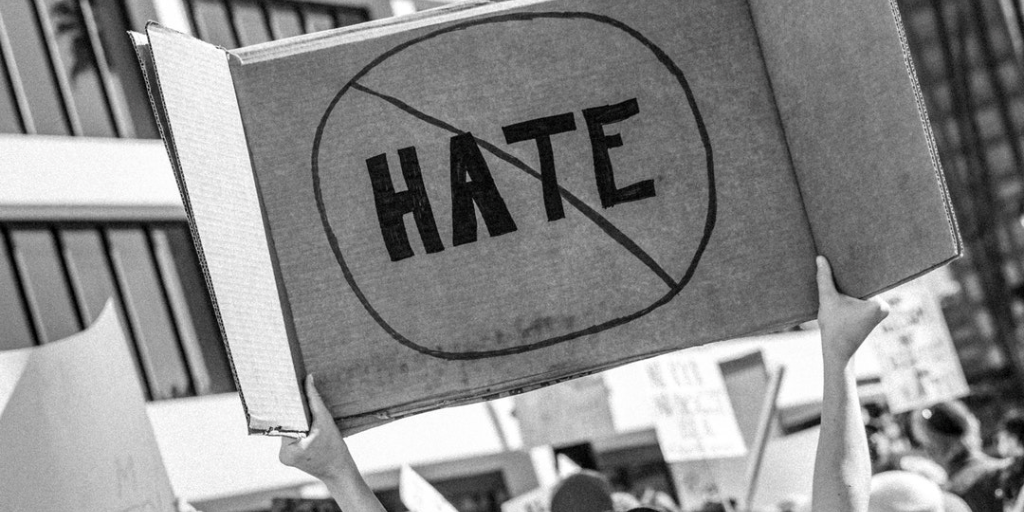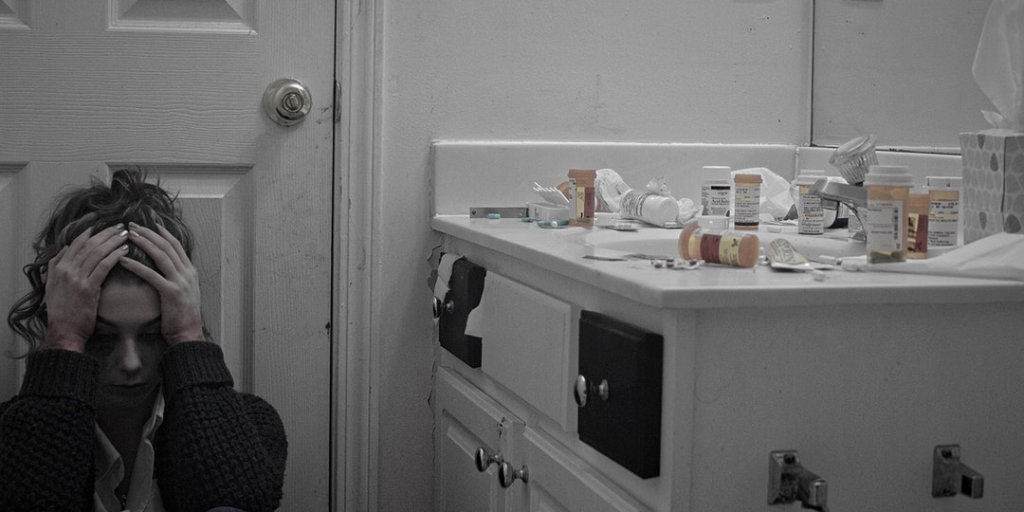“Aren’t things so much better for LGBT+ people?” is a question I regularly get asked. And I suppose how I answer this question will be different to many other people’s responses. I appreciate that my experience as a 31 year old cisgender lesbian woman born in 1987, will be very different to a gay, transgender man who may now be in his 70s or 80s. I can only imagine what it must have been like to be LGBT+ in the UK in the decades prior to my birth.
But are things really much better for LGBT+ people in the UK today? I would argue that, they are worse than they were 5 years ago. Yes, this is only my experience and what I have seen and heard from the many LGBT+ young people and adults I have worked with over the last half a decade.

A few years ago, my fiancée and I were walking down the street in Halifax (we had gone away for a walking weekend) and we were holding hands. A car drove past us and someone shouted ‘gay’ at us from their car window. Similarly, if not much worse, we have recently been targeted by youths in our community who shout ‘f***ing dykes’ at us, climb onto our property and intimidate us in the street.
LGBT+ AWARENESS WORKSHOPS AREN’T ALWAYS PLAIN SAILING
Leading LGBT+ awareness workshops always bring its own challenges. Perhaps ignorance, with people believing the factually incorrect information they see online or hear from influential people in their lives. For example, when people assume transgender and non binary people are sexual predators or in some way a danger to others. Ignorance can often be a loaded word, but I can work with ignorance; supporting people to think about something differently or open their minds to other possibilities. In fact, most of the time people respectfully listen to me, to my experiences, the experiences of the young people I have worked with and it encourages reflection. For me, the best outcome is boosting the confidence of LGBT+ people in the workshop and encouraging those people who maybe thought negatively in some way about LGBT+ people, to be a bit more open minded.

Unfortunately, this is not always the outcome. As a woman of many words, I was recently left speechless and emotionally broken by the consistent hate that I heard throughout an entire day of workshops. If ignorance is a loaded word, so is hate. However, I think it is important to acknowledge the important difference between these. Ignorance, I believe, comes from a place of naivety, a place as I have said, where people hear factually incorrect or exaggerated comments about LGBT+ people and make comments or behave according to this. In comparison, hate is a deliberate, intended behaviour that causes distress to LGBT+ people. It is also, and importantly so, based purely on the fact someone is LGBT+.
I CAN UNDERSTAND HATE WHEN BASED ON FACT OR EXPERIENCE
Interestingly I actually understand hate when it is based on fact or experience. This I know is hugely controversial but bear with me. When people say to me ‘I hate trannies’ or ‘I hate fags’ I always ask them why; where their feelings come from. Although this has never happened, I wouldn’t begrudge someone if they told me they hated LGBT+ people because every LGBT+ person they had ever met had physically assaulted them. My point here, is that most of the time when I meet hateful people, they cannot justify their hate with facts or their own experience. Often, it is hate for hate’s sake.
On this day, the people I was working with lacked empathy, lacked a sense of social and moral responsibility and simply did not care that their attitudes and behaviour would negatively impact on LGBT+ people. Not only did it leave me feeling extremely deflated and sad, if anything it shows that we still have a long way to go in terms of true LGBT+ inclusion and respect and acceptance for all those who are part of the LGBT+ community.
IT’S DIFFICULT AT THE MOMENT BUT THINGS WILL GET BETTER
That said, I am proud to play a part in making people more open-minded, more respectful and more accepting of the LGBT+ community. And where this already exists, support them to do the right thing in supporting LGBT+ people (because they might not always know what this looks like). So, yes, I do believe things are worse compared to maybe five years ago, but hopefully with the increasing provision of LGBT+ inclusion advocacy, consultancy and training things will only get better.
If you are striving for LGBT+ inclusion in your organisation and are looking for support you can find out more about my work and get in touch here.